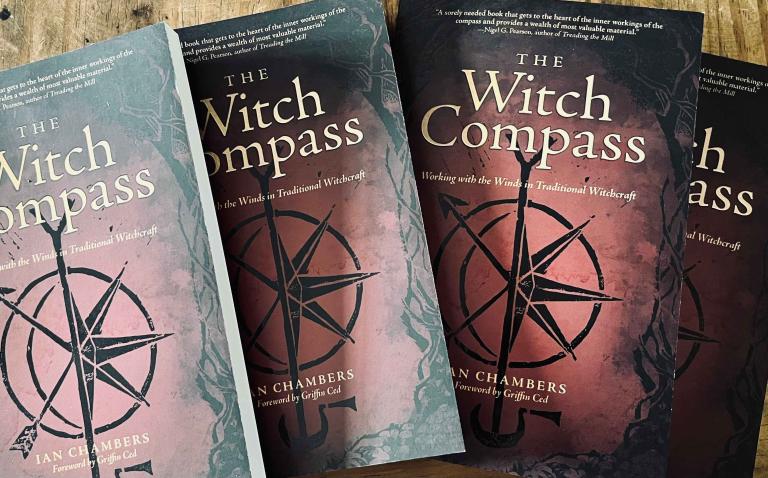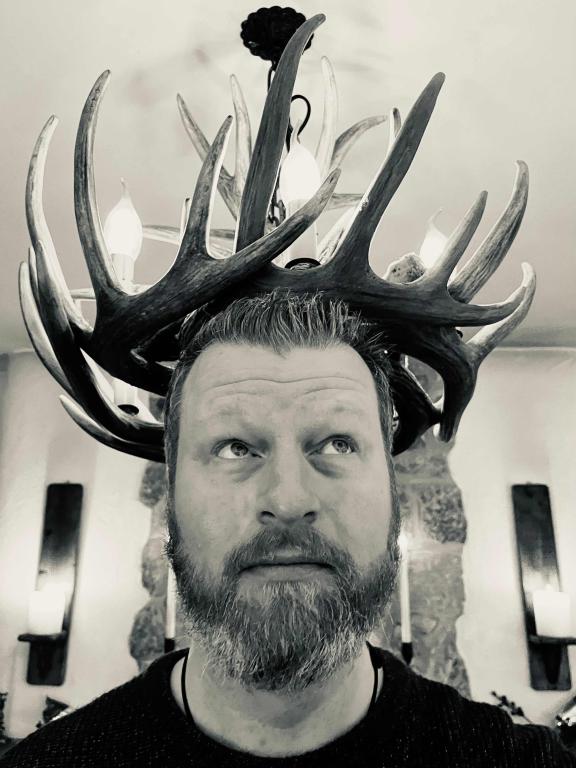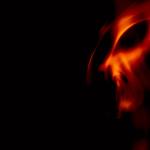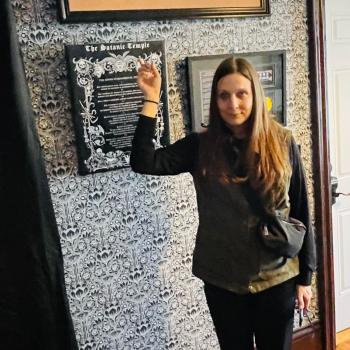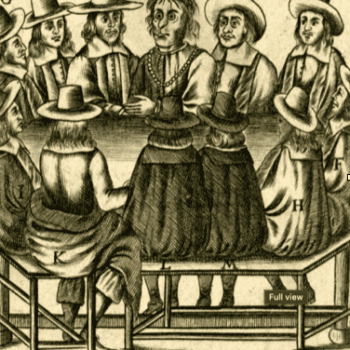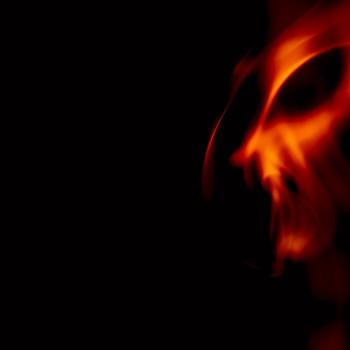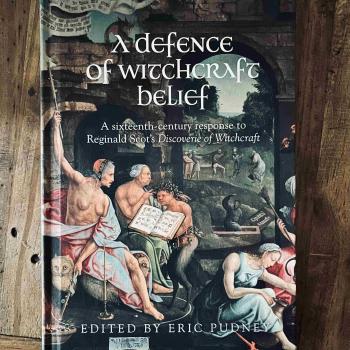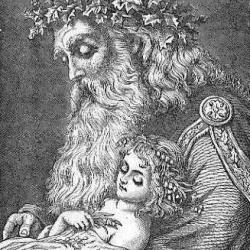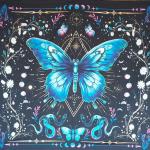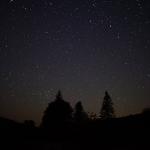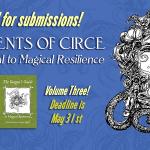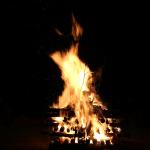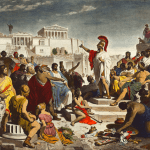Within modern witchcraft, two positions have made themselves apparent in recent years that is somewhat of a surprise — and is perhaps informed in some small way by the increased popularity of witchcraft and its emergence as a mainstream, and commercialised, endeavour. On the one hand are those who recognise, in historic notions of witchcraft and its power, that this practice and archetype has most often been the recourse of the disadvantaged against the abuses of those in some position of power and its exercise over them — however small that may appear to be. The other holds that privilege is not a barrier to witchcraft, and these should not feel guilt for the luxury their entitlement affords. It should go without saying that witchcraft belongs to none of us, and tolerance should be a byword by which we afford each other respect and understanding, if not compassion. Writing as a white, heterosexual, cisgender man living in the most expensive region of modern Britain, I can fully appreciate that I have been granted certain privileges that are simply inaccessible by many others deserving of opportunity. However, I am also cognisant of the fact that, as a student of history, witchcraft was the resort of those for whom society reserved contempt if not disgust. Make no mistake: witchcraft was always political and it spoke to the power of authority and the desperation of the underclass.
“The poor and labouring masses, ever fearful of the witch’s threat to their own goods, chattels and health, were little concerned by the Devil’s threat to the established order as represented by state and Church; they saw witchcraft in purely personal terms – one less witch was seen as one less threat to their own meagre property. The elite, however, were little concerned or personally affected by the often petty malicious acts of the witch, and were far more preoccupied with the supernatural threat to their own authority over their fellow men and women.” — Owen Davies, Witchcraft, Magic and Culture 1736 – 1951[1]
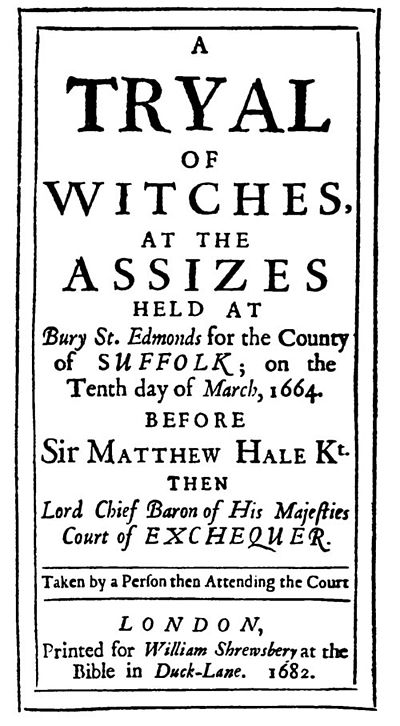
Social media has been flooding many of us with adverts for bogus schemes, courses or gimmicks to enable the more gullible to access their witch power, become a witch, or even write a witchcraft book! These things don’t appear out of a vacuum and are an obvious response to a market that has currency for the unscrupulous opportunist and their ceaseless predating upon the susceptible. These, together with a veritable deluge of AI or plagiarised books, are symptomatic of a market capitalising on a trend, and are not in any way reflective of legitimate and respected authors and courses available and offering hard-won experience to the discerning seeker. As a modern phenomena, it is unsurprising that the commercialisation of witchcraft has given people the opportunity to explore the subject for themselves and make up their own minds. Often, those who have been accorded the privileges of society are the most affronted by the idea that witchcraft is an historic struggle by the poorer, discriminated echelons of society. In our fraught era amidst the vile culture wars, it is often white, cis-gendered, middle-class witches who are more likely to protest that they should not be made to feel guilty because witchcraft has been more frequently the province of the historically persecuted.
Importantly, that history is not limited to the early modern period, but is true today as the word ‘witch’ has been reclaimed and brandished by empowered groups traditionally discriminated against. For example, the feminist movement was amongst the first in the 1960s and ’70s to take back the name and imbue it with its own power of the feminine, recalling those poor souls tortured during the predominantly misogynistic period of witch trials in the past. The radical feminist philosopher Mary Daly, for example, was a frontrunner in reclaiming the title ‘witch’ and demonstrates influence from Wicca. Dianic Wicca, founded by Zsuzsanna Budapest in the ’70s, is a modern pagan movement focussed upon the goddess and empowering women. Closely related is the 1960s political movement WITCH (Women’s International Terrorist Conspiracy from Hell), which became an umbrella for several independent but related feminist groups, some of whom had close ties and interest to Wicca and modern female paganism. Margot Adler wrote, in Drawing Down the Moon, quoting one pamphlet of a branch of WITCH: “The second assumption of WITCH is that Witchcraft is inseparable from politics…”[2]
Furthermore, Adler goes on to assert that:
“Neo-Paganism in general and the Craft in particular have been good for women… Witchcraft is one of the few “new age” religions where women can participate on an equal footing with men.” — Margot Adler, Drawing Down the Moon. [3]
Similarly, the LGBTQ+ community has found its home and freedom of expression in witchcraft. In Christopher Penczak’s 2003 Gay Witchcraft: Empowering the Tribe, we read that “In witchcraft, sexuality is sacred, not something sinful or wicked…” liberating LGBTQ+ people from the longstanding strictures of guilt and shame. [4]
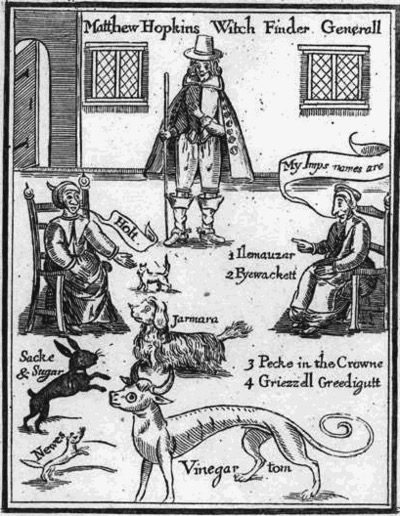
It is possible to hold multiple thoughts at once, and I can also recognise that I fit categorically into the camp that is inherently privileged in our modern societal model and its traditions. Simply because our situation places us outside of some of the historic and cultural ideas of the witch does not mean that we must alter the definition and history of witchcraft to suit our mien or personal beliefs. Rather, we should strive to be mature enough to acknowledge that there are such privileges, that it is as much the responsibility of those who possess greater opportunity as it is the underprivileged to ensure that discriminations do not prevent either from benefiting from the craft. There is no guilt to be had in this, unless it is projection and, in which case, you understand at some level that you are operating from a privileged position that others do not enjoy the luxury of.
My own personal sentiment and circumstances do not deter from the fact that witchcraft is, historically from at least the early modern period to the twentieth century, often a response from those who have exhausted other available mechanisms against abuses of power. That doesn’t mean I am unable to study, practice and use it, immerse myself in its deepest mystery; the two can coexist, and are not mutually exclusive. Where I do, personally, find objection is when we fail to acknowledge this integral aspect of witchcraft and instead use it to buttress identity, electing to appropriate something for which innocent people — mostly impoverished women — were tortured and killed (and still are in some countries) because we have the luxury to dabble, the wish to belong to a group, to impress our friends, to feel special, or because it is the current trend. There is a gulf between the destitute person using a folk incantation to try to improve their situation and a suburban housewife doing an impromptu spell for quick cash! As Christopher Penczak wrote:
[1] Davies, Owen. Witchcraft, Magic and culture 1736 – 1951. Manchester: Manchester Univ. Press u.a., 2010. [2] Adler, Margot. Drawing Down the Moon. New York: Penguin Group, 1979. [3] Adler, Drawing Down the Moon. [4] Penczak, Christopher. Gay witchcraft. Boston: Red Wheel/Weiser, 2003. [5]Penczak, Gay Witchcraft.“Anyone with the desire and effort can be a witch, but many of us simply are called to the practice, beyond our personal desires and understanding.” [5]
N.B. I often write these pieces and immediately regret it as they can be incendiary to some and spark a torrent of responses, often misconstruing what I am saying. This usually occurs when a reader is coming from a position that assumes I am talking to and about them personally and, therefore, take it as an attack. Rather, this is a musing and I always caveat such with the observation that it is subject to change because, y’know, we develop as individuated loci of consciousness… I retain the right to be wrong — in this, that, or something else. I aspire to the humility to own when I am and make necessary correction where applicable.
In the end, opinions are like arseholes – we’ve all got one and they usually stink. I have the privilege (there’s that word again) of having this blog space wherein I can express this current thought that flung its way into my noggin this morning. You have the right to reply, but I also have the right to ignore it. As has been remarked by more educated and cleverer folk, I may not agree with your opinion but I defend your right to hold it. We must begin more dialogue of mutual respect, whereby we can disagree but remain civil, courteous, even friends. Similarly, we need to be able to apprehend more than one idea at a time, to hold multiple thoughts in our heads. Two things — even seemingly disparate things — can coexist. Indeed, paradox is inherent within witchery and that liminal space whereby the null point reveals its deepest arcana. Thanks for reading.
The Witch Compass: Working with the Winds in Traditional Witchcraft
The Witch Compass is Ian Chambers’ first book, published in 2022 with Llewellyn, and is available through all good booksellers. Signed copies of The Witch Compass are available from the author’s website: surrey cunning.co.uk
Explore the compass of the eight winds, a magical circle at the heart of Traditional Witchcraft. More than a tool for protection or raising power, this framework provides the ritual means to traverse the worlds and a mythic landscape that can be accessed at any point in time and space. Traditional Witch Ian Chambers teaches how the Witch Compass represents an entire worldview, a cosmological map, and a method for magic and revelation. He helps you develop your own compass and use it for divination, spirit work, and practical sorcery. This book shows you the world through the lens of your Witch Compass and reveals the many realms and spirits available to you.
“With this invaluable book, the aspirant unto traditional Craft and the seasoned practitioner alike are carefully guided through the workings of the compass as the map, via which the Crafter may traverse magical realities, encounter spiritual presences, and commune with ultimate Truth.” – Gemma Gary, author of Traditional Witchcraft, A Cornish Book of Ways.
“A scholarly, inspiring, and eminently informative work. I give it my highest recommendation.” – Lon Milo DuQuette, author of The Magic of Aleister Crowley.
“I found this a most fascinating and informative book, describing as it does the rationale behind the actual working of the compass, with plenty of practical demonstrations and exercises to enable the reader to experience the compass for themselves…This is a sorely needed book that gets to the heart of the inner workings of the compass and provides a wealth of most valuable material for both the beginner and more experienced practitioner alike. I congratulate Ian on producing an approachable and understandable book which will add greatly to the sum of available knowledge on a sometimes obscure and difficult subject.”―Nigel G. Pearson, author of Treading the Mill.
